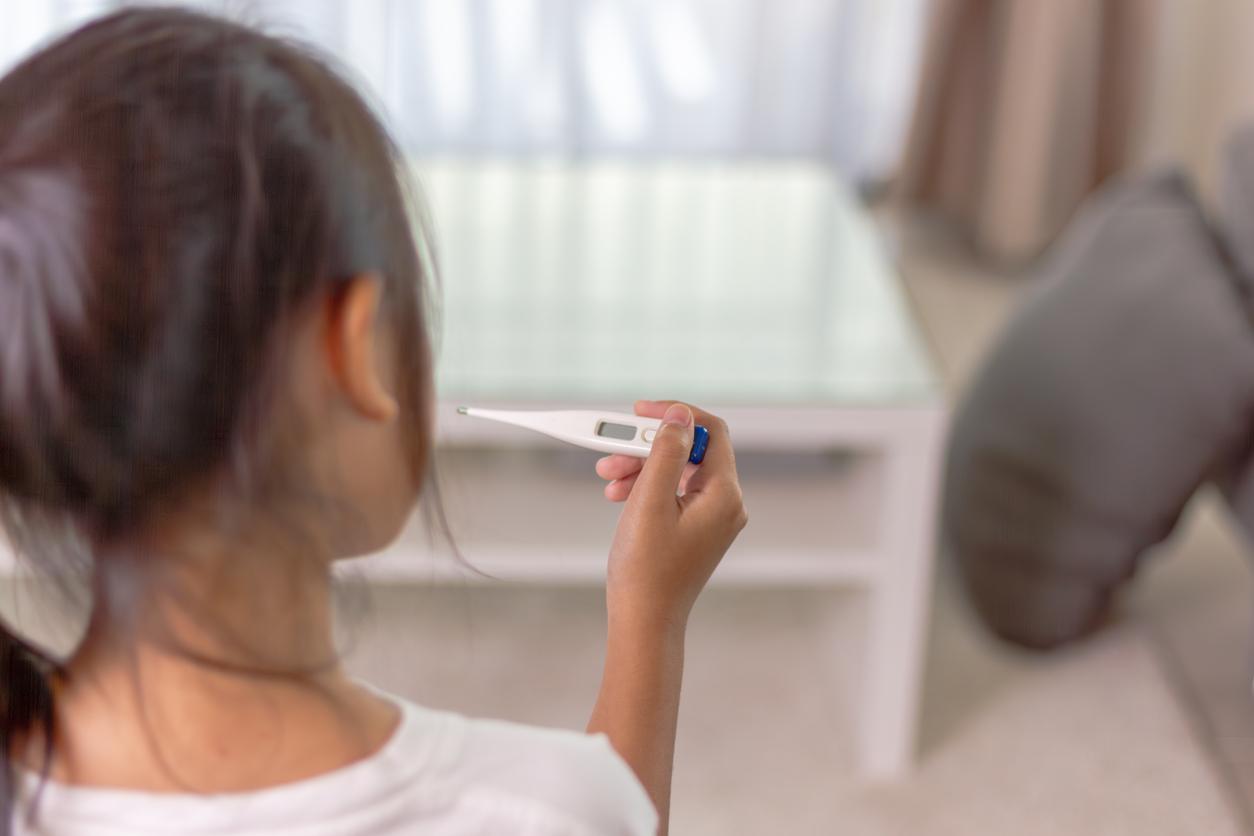A study today in the journal Pediatrics from researchers at the Children's Hospital of Philadelphia suggests COVID-19 vaccines have a moderately protective effect in kids against long COVID.
The authors of the retrospective study mined electronic health records from 17 healthcare systems to assess whether the vaccine protected children from long COVID, which has been less common in kids than in adults. The study began in October 2022.
"Using clinical data from across health care networks allowed us to have a large enough sample of patients to identify rare effects of the virus and its impact on children," said first study author Hanieh Razzaghi, PhD, MPH, in a press release.
In total, the health records of 1,037,936 children were included in the study, which the authors divided into two age-groups: Children from 5 to 11 years old and from 12 to 17. Overall, girls and Asian children were more likely to be vaccinated compared to boys and White and Black children.
The incidence of probable or suspected long COVID was 4.5% within the cohort, and diagnoses of long COVID cases were seen in 0.7% of children. The authors defined "diagnosed long COVID" as two or more follow-up visits 28 to 179 days after entry into the study that had diagnostic codes specific for long COVID.
In total, the adjusted vaccine effectiveness (VE) within 12 months was 35.4% (95% confidence interval [CI], 24.5% to 44.5%) against probable long COVID, and 41.7% (95% CI, 15.0% to 60.0%) against diagnosed long COVID.
Greater vaccine protection in teens
Adolescents and teens ages 12 to 17 saw more protection from long COVID with vaccination, with a VE of 50.3% (95% CI, 36.3% to 61.0%) compared to children aged 5 to 11 (23.8%; 95% CI, 4.9% to 39.0%). This is partly because younger children were eligible for vaccination only before the Omicron-dominant strain of the virus became prevalent in the United States, the authors said, while older teens were eligible before both the Delta and Omicron strains.
We hope this means that as vaccines are improved to be more effective against current strains of SARS-CoV-2, their protection against long COVID will get better.
In both age cohorts, VE against long COVID waned substantially over time.
"The protective effect of vaccination appeared to wane over time," the authors wrote. "We observed higher VE against long COVID within 6 months of vaccination than 12 months, while extending the observation period to 18 months revealed a further diminution."
The waning effect suggests vaccines prevent long COVID by preventing infections, said senior study author Charles Bailey, MD, PhD.
"We hope this means that as vaccines are improved to be more effective against current strains of SARS-CoV-2, their protection against long COVID will get better," he said.




















